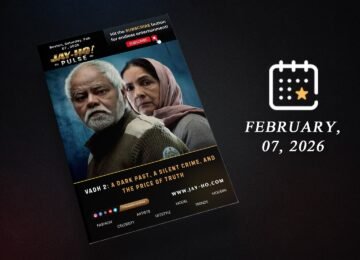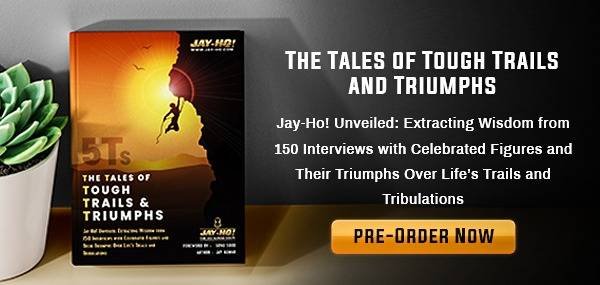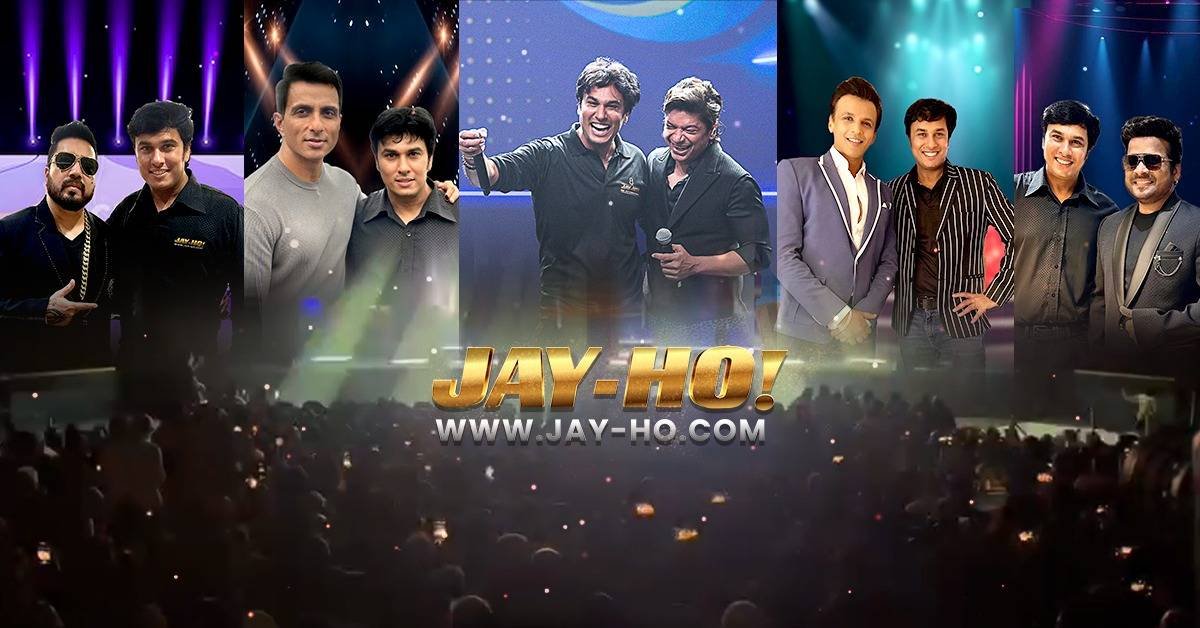The Taj Story follows Vishnudas (Paresh Rawal), a humble Taj Mahal tour guide whose life revolves around narrating tales of love and legacy to tourists. However, his faith in the age-old story of Shah Jahan and Mumtaz is shaken when he stumbles upon theories that question the monument’s origin. What begins as a spark of curiosity soon turns into an obsession, leading Vishnudas to file a court case that challenges the accepted history of India’s most iconic structure. Is the Taj truly a monument of love — or does it conceal a forgotten past tied to the legend of a Hindu temple once called Tejo Mahalaya?
Review
Director Tushar Amrish Goyal’s The Taj Story sets out to question one of India’s most celebrated historical narratives — the origins of the Taj Mahal. Blending courtroom drama with historical curiosity, the film explores the tension between faith, nationalism, and truth. It’s an undeniably bold concept, one that was bound to stir conversations both inside theatres and beyond.
However, while the premise is potent, the storytelling often falters. The screenplay feels uneven — switching between intriguing investigation and heavy-handed melodrama. Rather than letting the story unfold organically, several sequences feel designed to underline the film’s message too obviously, diluting its intended impact. The courtroom exchanges, which should be taut and intellectually gripping, sometimes slip into exaggerated theatrics that rob the narrative of its realism and rhythm.

Performances
Paresh Rawal remains the film’s strongest pillar. With a measured yet emotionally charged performance, he brings depth to Vishnudas — a man torn between devotion and doubt. Even when the writing wavers, Rawal’s conviction keeps the viewer invested. Zakir Hussain, Amruta Khanvilkar, and Namit Das offer solid support but are constrained by underwritten roles. Veteran actors like Akhilendra Mishra and Shishir Sharma add gravitas to the courtroom sequences, though their appearances are brief.
Technical Merits
On the technical front, The Taj Story impresses. Satyajit Hazarnis’s cinematography captures the Taj Mahal in all its majestic and mysterious glory, while Himanshu M. Tiwari’s editing keeps the legal drama from dragging. The music — featuring soulful voices like Kailash Kher and Javed Ali — enhances the film’s emotional resonance, though at times it feels overused. Production design and sound mixing lend the film a polished aesthetic despite its narrative shortcomings.
Deeper Themes
Despite its inconsistencies, The Taj Story deserves credit for daring to engage with a larger national conversation — one that delves into history, belief, and cultural identity. By choosing to revisit a topic so deeply rooted in emotion and politics, the film challenges audiences to reflect on how we interpret history and who gets to define it. Whether one agrees with its questioning or not, Goyal’s film prompts an important dialogue about faith and evidence in a time when both are often at odds.
Verdict
In the end, The Taj Story succeeds more as a conversation starter than as a compelling cinematic experience. Its intentions are noble, and its questions are worth asking — but the execution lacks subtlety and narrative strength. While it may resonate with audiences who share its perspective, others might find its tone a bit heavy-handed and its arguments loosely grounded. Still, as a piece of cinema, it dares to explore the fine line between belief and truth — a line that remains as complex and enduring as the monument at the heart of its story.























